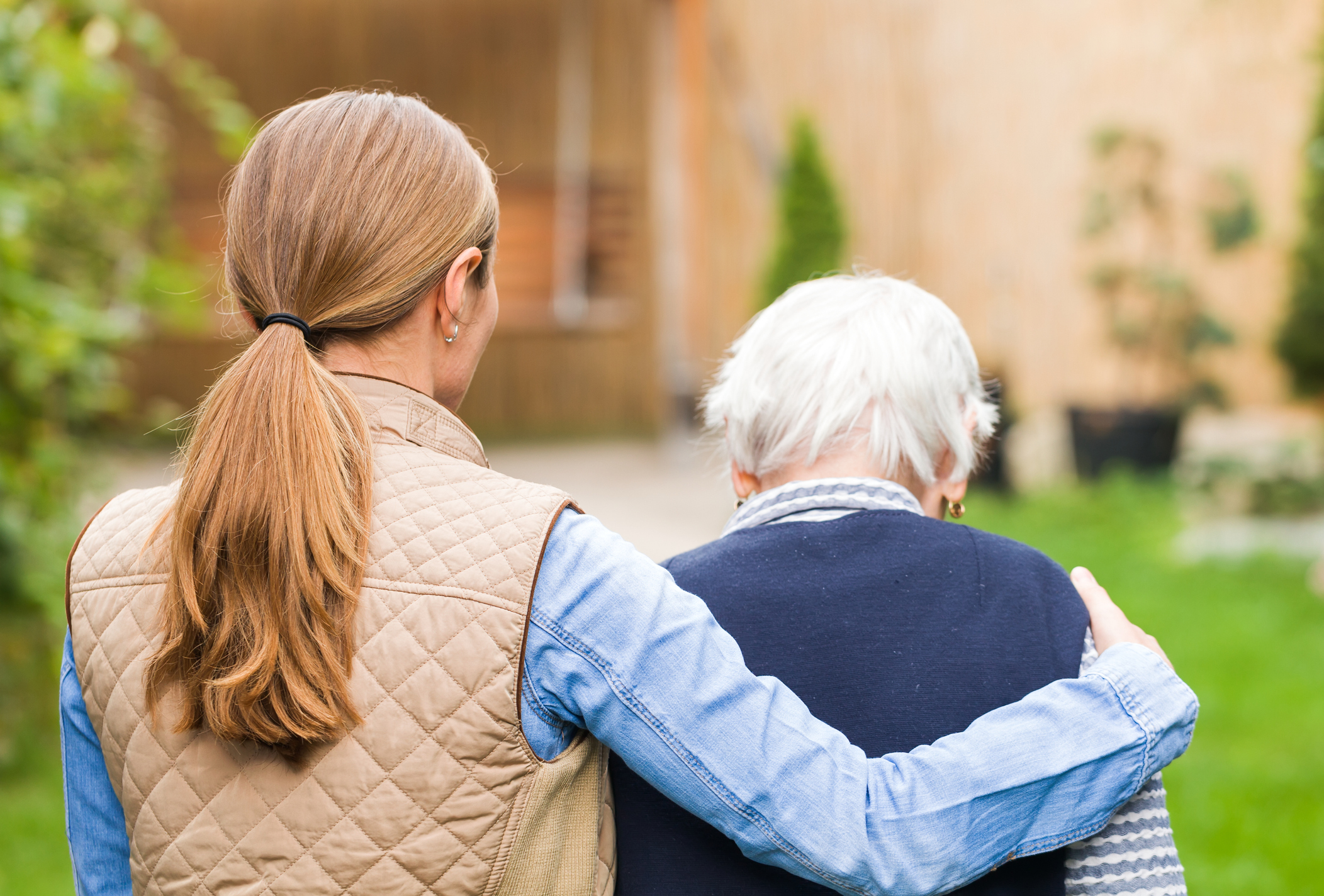How to Cope With a New Alzheimer’s Diagnosis

When you or a loved one is diagnosed with Alzheimer's disease, it can shatter your world and cause a wide range of complex emotions. As with any diagnosis, it's natural to feel overwhelmed by the influx of new information and to feel a little lost. It's important to remember that processing something like this doesn't happen overnight – it's a non-linear process and is different for everyone. It's also important to remember that you are not wholly defined by this disease or it's symptoms – you are still you.
A helpful part of the process involves getting accurate, up-to-date information and support. This can help you to manage your expectations, grow your understanding, direct you towards ‘next steps', and enable you to live a life with Alzheimer's rather than be defined by it.
Dealing with the Shock of Being Diagnosed
Whether you saw it coming or were taken by surprise, receiving an official diagnosis for Alzheimer's disease is a big deal - there's no denying it. Fortunately, you can take heart in the fact that there are things you can do and treatments you can take that can make a big difference.
It's perfectly normal to feel angry, numb, resentful, depressed, sad, and fearful. You might also be in disbelief or denial about the diagnosis. Some people even experience feelings of relief after finally being able to draw a line under their previously undiagnosed symptoms. To be clear, there is no ‘right' or ‘wrong' way to feel about your diagnosis – this is your personal journey.
Knowledge is power, so when you're ready, you might find it helpful to learn even more about the complexities of Alzheimer's disease outside of your doctor's office. Gathering information about your condition (and dementia in general) can further your understanding on what to expect as the disease progresses. As you do your research, you can take note of any questions that arise so that you can discuss them with your doctor at your next appointment.
Where to Get Support
Post diagnosis, it's important that you spend time with and talk to your friends and family. Social interaction from loved ones along with their support is vital for both your physical and mental health. Once you've come to terms with your diagnosis, have conversations about it with those close to you.
It can be somewhat empowering to share your diagnosis with others and discuss the changes taking place. Use your newfound knowledge to educate them and let them know how they can best support you. This could come in the form of conversations, assistance with transportation, help with social outings, or joining you for doctor's appointments.
Support comes in all shapes and sizes and from all people. Further than speaking with loved ones, another great option is to book an appointment with a professional counselor or therapist.
There are also many community programmes, online social networks, helplines, and support groups (listed below) that provide invaluable support and help for people living with Alzheimer's.
What Now?
Although it's the brain that is affected by Alzheimer's, it's important to continue taking good care of your whole body. This can include having regular check-ups for your sight and hearing and continuing or taking up regular physical activity.
Physical Activity
Exercise is known to help improve cognition, improve overall functioning, and ward off depression. If you haven't exercised regularly before, now is a good time to start. Ask your support group or doctor for suggestions, and perhaps even join a dementia-friendly exercise or dance group.
Mental Gymnastics
You should also try and keep as mentally active as possible. Mental gymnastics such as jigsaws, crosswords, and Sudoku are all great mind-stretching activities. Wrapping your brain around new things – like learning a new language – is also a great way to keep your mind sharp. There are many free Apps available to facilitate activities like these.
Memory Aids
Memory aids and methods such as outlining schedules, writing down names and special events, labeling cupboards and drawers, and keeping a list of important numbers handy can help you keep track of things and remember information.
Brain Food
Good nutrition is important too. A healthy diet is crucial, especially when it comes to Alzheimer's, as much research on the matter has been done. These specific foods have been tied to better cognitive function, so be sure to add them to your diet:
- ●Berries
- ●Coffee
- ●Leafy greens
- ●Nuts
- ●Low amounts of alcohol
- ●Fish
- ●Cinnamon
- ●Turmeric
- ●Fruits
- ●Vegetables
- ●Healthy fats
Legal Planning
You might want to do any legal or financial planning as soon as is practical, this way difficult decisions will be made in advance and won't cause undue stress later.
Purpose and Joy
You or your loved one who has been diagnosed is still the same person with the same roles - parent, professional, child, partner, friend, etc. It's normal to question your capabilities and even your identity, but you should absolutely continue to engage in activities that bring purpose and joy.
The same goes for your hobbies, interests, and socialising. Some days may be more difficult than others, but don't be discouraged. You are not alone, and with a support system in place, you will always have someone to talk to.
Further Information
9 Stimulating Activities for a Parent with Alzheimer's
How to Get Support if You're a New Carer
Tips to Live Well with Dementia and Create a Dementia-friendly Home
Caring for Loved Ones with Dementia: Real Life Stories
External Resources
Alzheimer's Society - Find support near you
Alzheimer's Society - The dementia guide
Alzheimer's Research - Support for people affected by dementia
Age UK - Dementia support
Dementia UK - Support and Advice
NHS - Help and support for people with dementia





